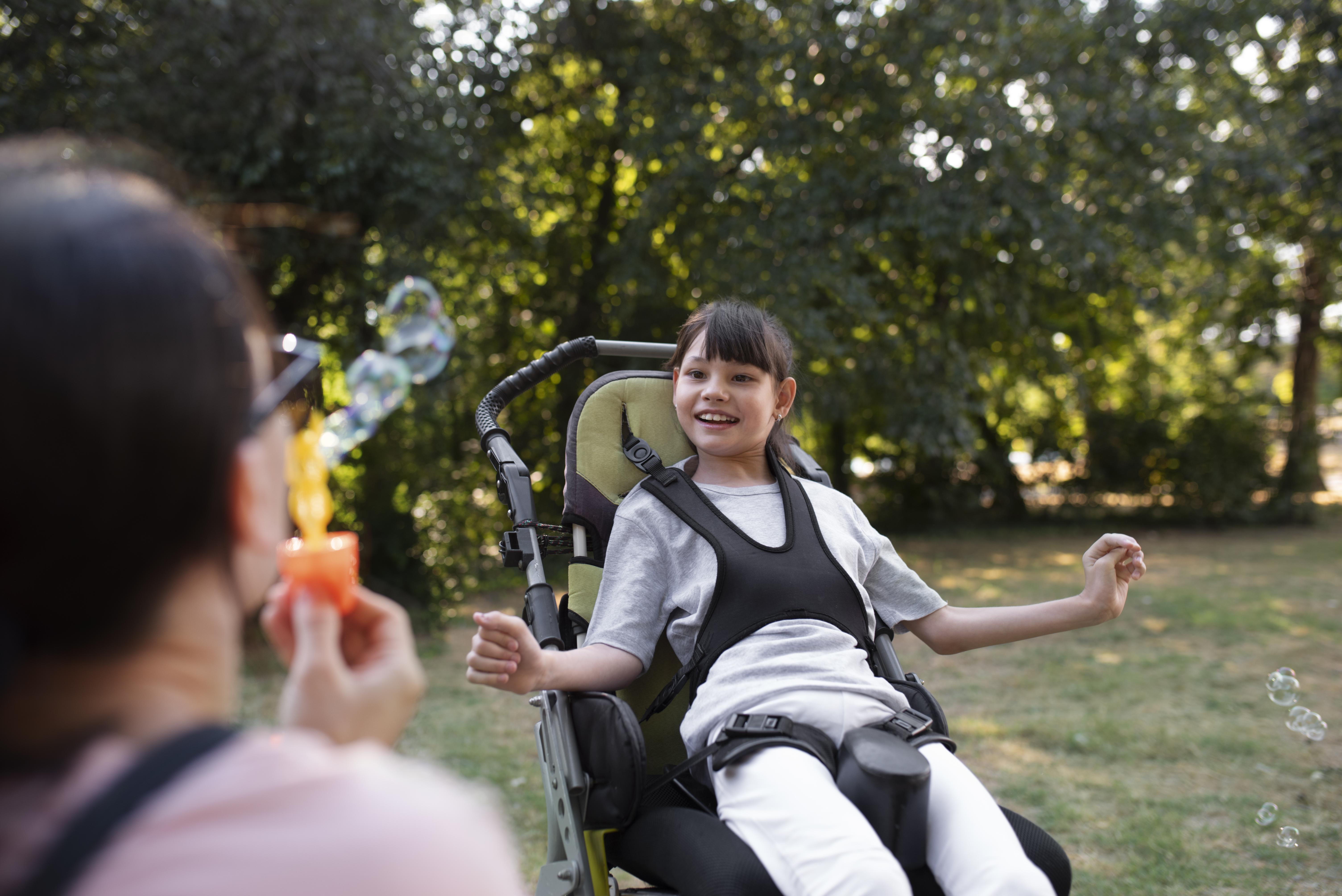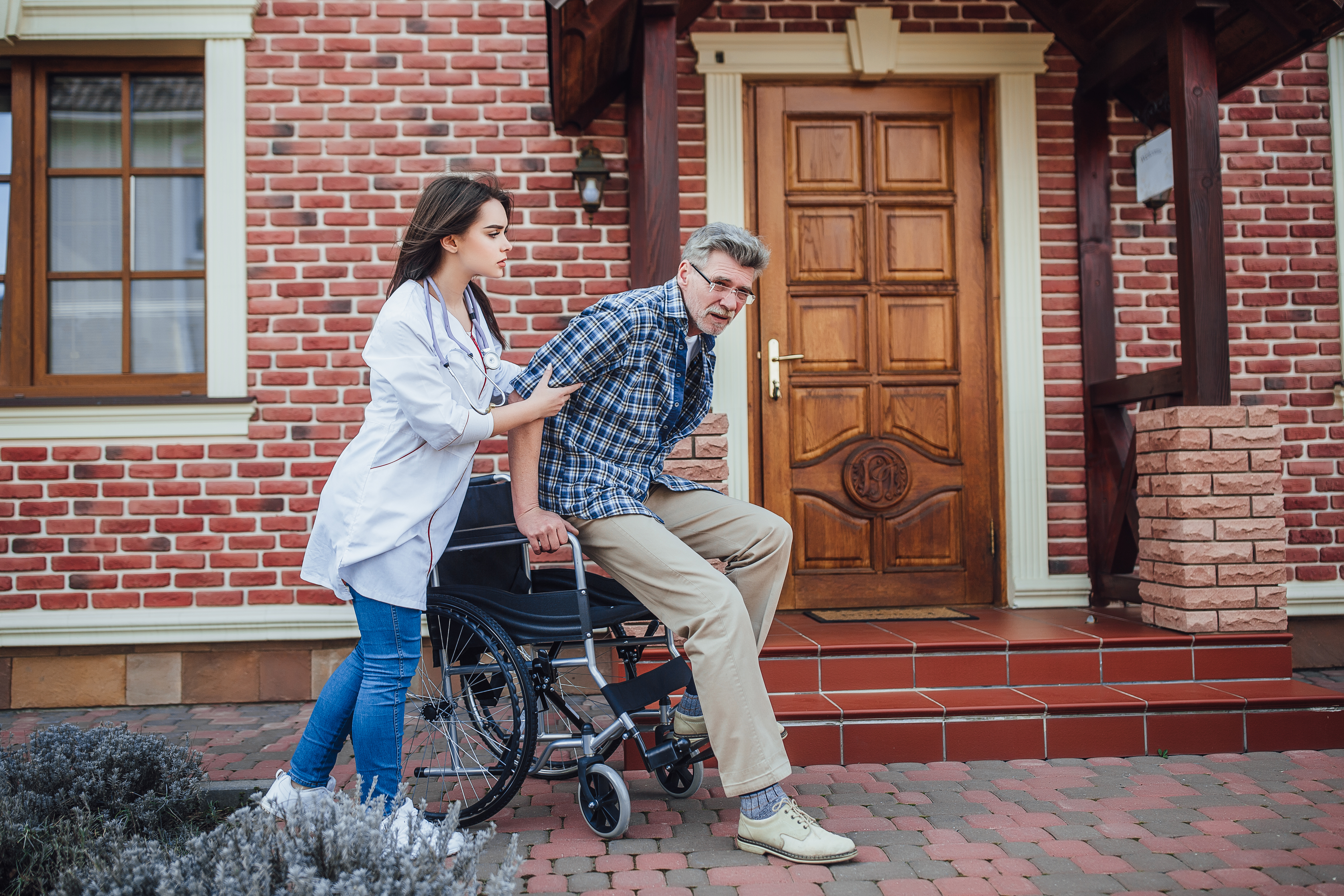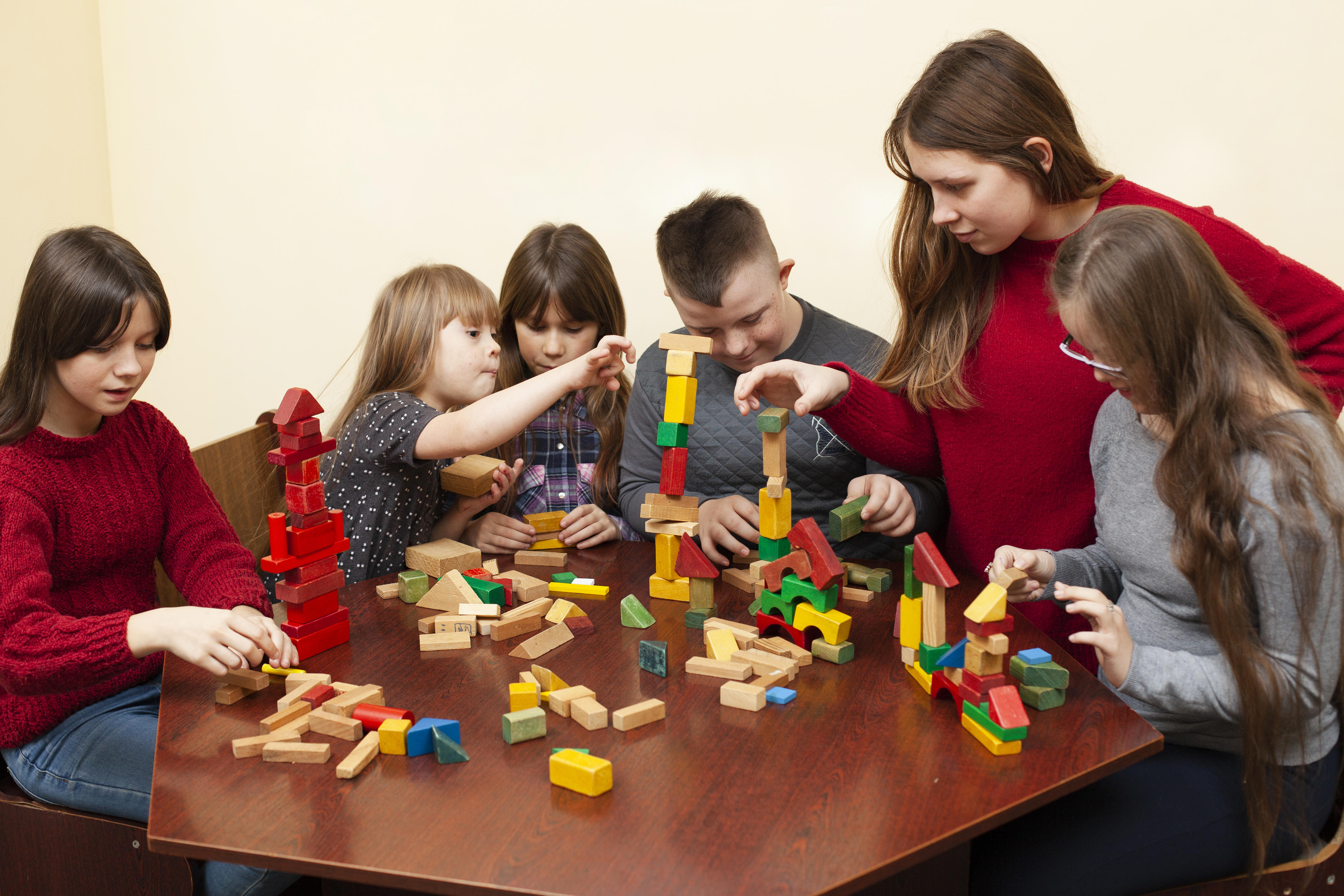In a world where physical barriers often overshadow the human spirit, the importance of an accessible environment cannot be overstated. Behind every statistic and news headline lies a deeply personal journey of struggle, resilience, and longing for inclusion. For the elderly, people with disabilities, pregnant women, new mothers, war and natural calamity victims, and children, the quest for an environment that acknowledges their unique needs becomes a battle for their very souls.

People with disabilities often face the difficulty of living a confined life due to inadequate infrastructure, which limits their opportunities for social engagement, interaction, and participation in community events. Remember when we were confined to our houses for months because of the COVID-19 pandemic? We only got a glimpse of the lives, highlighting the importance of human interaction and social gatherings. Even the internet couldn’t keep children and adolescents from acquiring short-term and long-term psychosocial and mental health implications.
Therefore, an accessible environment is crucial for the mental health of people with reduced mobility. Imagine being confined to a world where every step feels like an insurmountable mountain, where every door remains firmly closed. An accessible environment refers to a physical space that accommodates and addresses the needs of people with reduced mobility, allowing them to move, access, and use facilities with ease. Such an environment promotes independence, boosts self-esteem, and reduces stress and anxiety, thereby improving the overall mental health of these individuals.
For the elderly, an accessible environment ensures that they can move around their homes, communities, and public spaces without fear of injury or falling. This promotes their confidence and independence, which can help combat depression and feelings of helplessness. For people with disabilities, an accessible environment is essential for their physical and emotional well-being. Accessible facilities, such as wheelchair ramps, modified toilets, and audio guides, provide them with greater autonomy and control, which enhances their self-esteem and quality of life.

Pregnant women and new mothers also benefit from an accessible environment that accommodates their physical needs. For instance, designated parking spaces, ramps, and elevators in public areas and workplaces make it easier for them to move around, reducing their stress levels. War and natural calamity victims, especially those who have suffered physical injuries or disabilities, need accessible environments that enable them to recover and reintegrate into society. Such settings should include facilities that address their unique needs, such as rehabilitation centres, accessible transport, and adapted housing.
Children with physical disabilities like spinal cord injury, cerebral palsy, epilepsy, dwarfism, and mental disabilities like neurocognitive, depressive, bipolar, autism spectrum, and trauma-related disorders also require an accessible environment for their mental health. Accessible playgrounds, schools, and public spaces allow them to participate in activities that promote socialization, confidence, and independence. Moreover, an accessible environment also teaches other children about inclusion, empathy, and respect for people with reduced mobility.

In conclusion, an accessible environment is vital for the mental health and well-being of people with reduced mobility. It promotes independence, boosts self-esteem, reduces stress and anxiety, and enhances the overall quality of life. Governments, communities, and individuals must work together to create accessible environments that accommodate the unique needs of different groups, including the elderly, people with disabilities, pregnant women, new mothers, war and natural calamity victims, and children. Such environments promote inclusivity, respect, and empathy for all members of society, making the world a better place for everyone.

Shared By : Ms Sminu Jindal
Author’s Bio:
Ms. Sminu Jindal is the Managing Director of Jindal SAW Ltd and she is also the Founder Chairperson of Svayam, which is the CSR initiative of Jindal SAW Ltd




